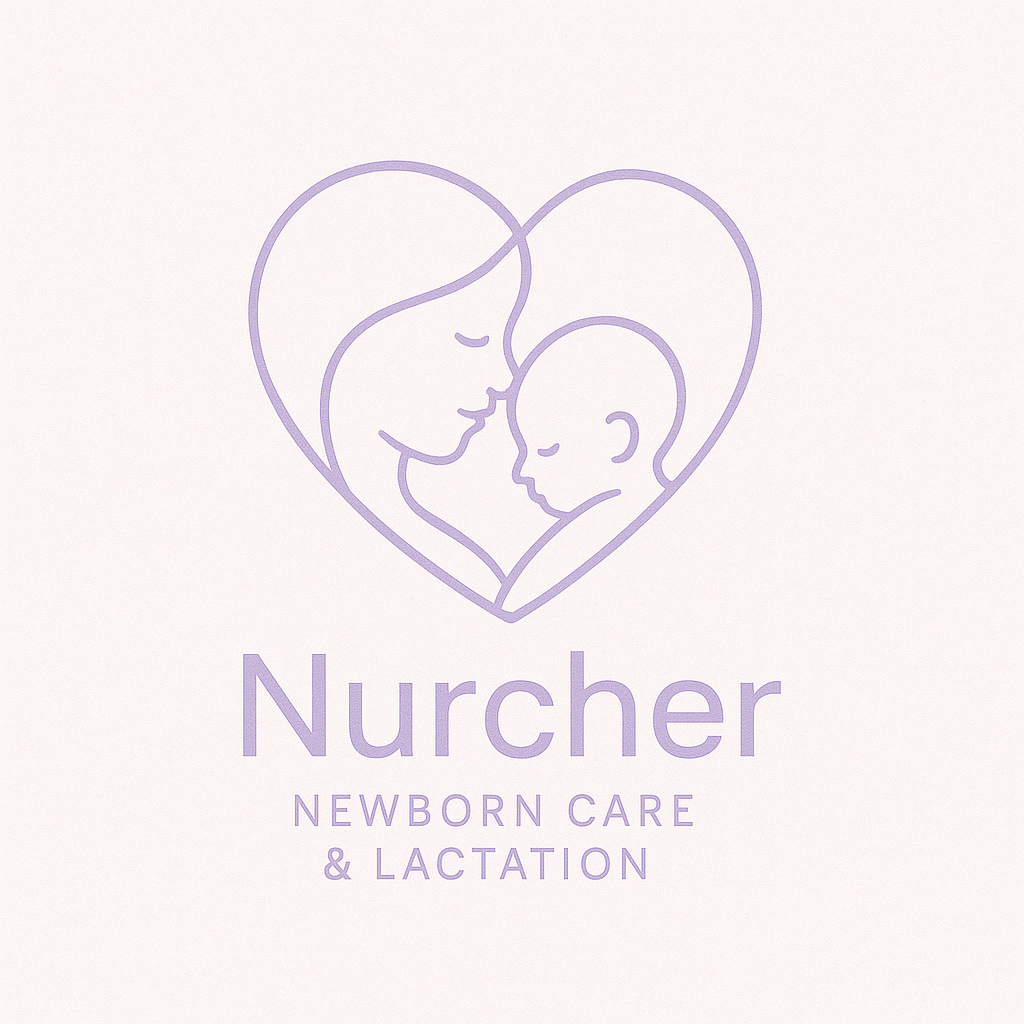Is This Normal?! — When to Call Your Advice Nurse (Hint: Anytime You Want!)
Welcome to life with a newborn — where Google search history is 90% "Is this normal?" and 10% "How to make coffee with one hand."
The truth is: babies are mysterious little creatures. They make weird noises, breathe funny sometimes, sneeze in sets of three, and hiccup for what feels like hours. So how do you know when it’s time to call your pediatrician’s advice nurse?
Here’s the short answer: Anytime you’re worried, wondering, or just plain curious.
Really. No reason is too small.
When You Should Definitely Call:
Fever — 100.4°F (38°C) or higher in a baby under 3 months.
Fevers in newborns are never considered “normal,” and even a small temperature can be important to report. If you’re wondering how to check — a rectal thermometer gives the most accurate reading at this age (though always follow your care provider’s recommendations or instructions). When in doubt, call your advice nurse — they’ll walk you through what to do next.
Trouble breathing — fast, noisy, wheezing, or pulling in at the ribs.
Newborn breathing can seem strange — they often breathe fast for a few seconds, then slow down, or even pause briefly before starting again. This irregular breathing can be totally normal. But struggling to breathe — like working hard, sucking in at the ribs, flaring nostrils, or constant fast breathing — is different and deserves a call.
Blue or grayish lips, tongue, or skin.
Your baby’s natural skin color should stay nice and pink (or whatever shade is normal for them). If you ever notice blue, gray, or purple tones around the lips, tongue, or face, that’s worth calling about.
Unusually sleepy, floppy, or hard to wake.
Newborns sleep a lot (hello, 16–18 hours a day!), but they should still wake up for feeds and respond to you when gently touched or talked to. If baby seems floppy, won’t wake for feeds, or feels “off” compared to their usual sleepy self, give your nurse a call.
Not feeding well — refusing to eat or having fewer wet diapers than expected.
Feeding is their full-time job right now! It’s normal for babies to cluster feed sometimes or have a sleepy feed or two, but if your baby is refusing feeds, eating much less than usual, or you’re seeing fewer wet or dirty diapers, check in.
Strange poop colors — white, red, or black (after the first few days).
Poop changes a lot in the early weeks — from black meconium to greenish to mustard yellow (if breastfed) — but bright white, red, or black after the first days could be a sign to call. Most surprises in the diaper are normal — but these colors aren’t.
Forceful (projectile) vomiting or vomiting green liquid.
Spitting up is part of the newborn life (and laundry routine). But if baby is vomiting forcefully across the room or the spit-up is green, that’s worth a call. Regular milky spit-up? Totally normal.
Rash that looks odd, severe, or spreading quickly.
Newborn skin is sensitive and can get all kinds of little bumps, flakes, and spots — most of which are harmless and fade on their own. But a rash that looks angry, spreads fast, or is making baby uncomfortable should be checked out.
Trust Your Gut — It Counts!
Your gut matters. A lot.
Your instincts are wired to notice when something isn’t right. Even if you can’t explain why something feels off, that alone is reason enough to call.
Sometimes the reason you call is simply:
"I don’t know what this is, but it’s making me nervous."
And that is 100% valid.
Calling because you just need to hear, “Yep, that’s normal!” is just as important as calling for a real concern. The advice nurse is there for all of it — big, small, and everything in between.
So next time you find yourself staring at your baby wondering, “Hmm... should I call?” — go ahead and call. Your baby (and your peace of mind) will thank you.

